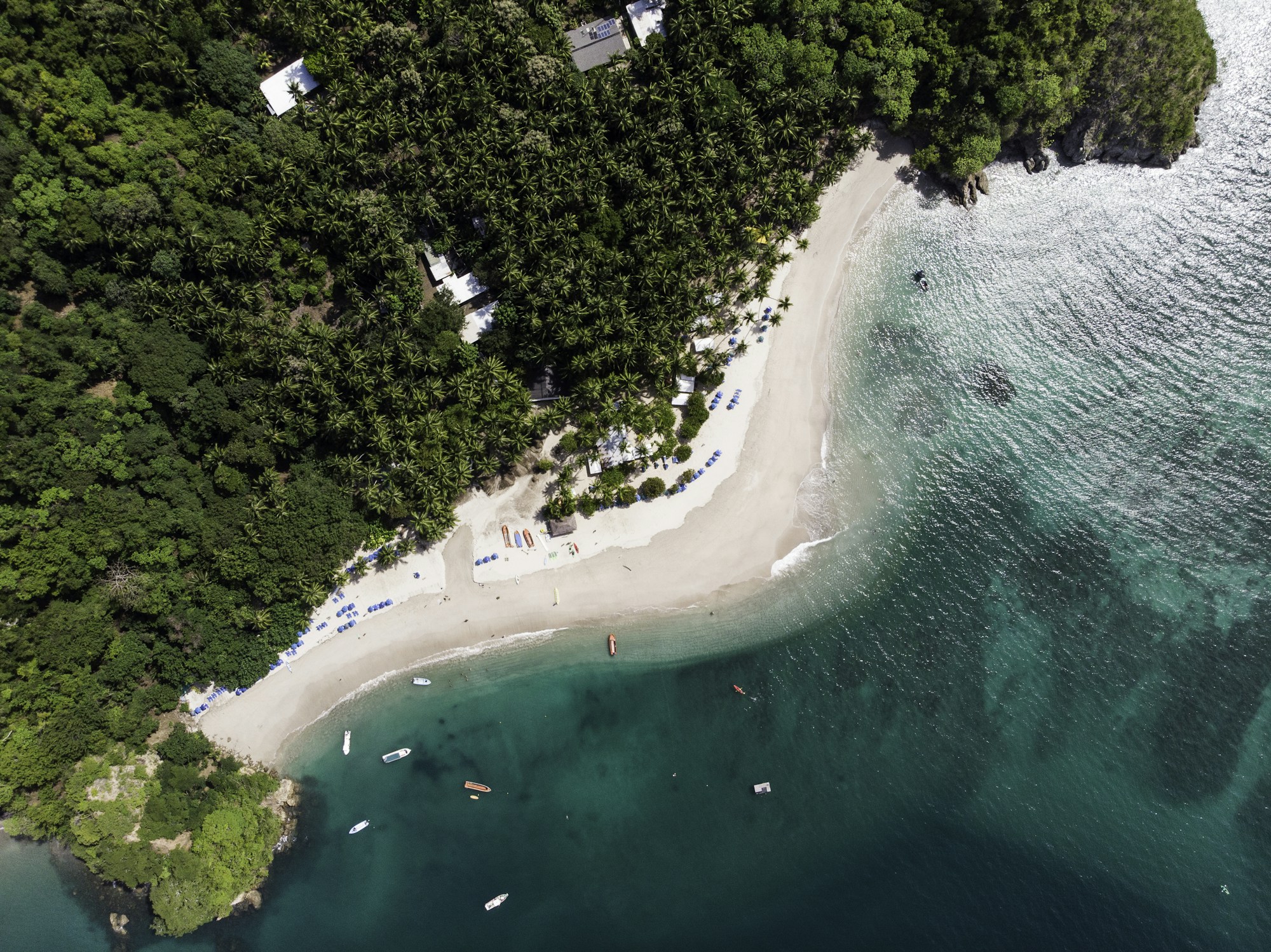Cultural Guide to Costa Rica: History, Customs & Festivals

Cultural Guide to Costa Rica
History
Costa Rica, officially known as the Republic of Costa Rica, is a vibrant country located in Central America. With a rich and diverse history, Costa Rica has been inhabited by indigenous tribes for thousands of years. The Spanish arrived in the early 16th century, led by Christopher Columbus, and colonized the land. Costa Rica gained its independence from Spain in 1821 and has since experienced periods of political stability and progress.
The country is known for its commitment to peace and democracy, being one of the only countries in the world without a standing army. This unique aspect has allowed Costa Rica to focus on education and social development. Today, Costa Rica is a popular tourist destination, offering visitors a chance to explore its fascinating history and vibrant culture.
Customs
Costa Ricans, also known as Ticos and Ticas, are known for their warm and friendly nature. They value family, community, and a laid-back lifestyle known as "Pura Vida," which translates to "pure life." Costa Ricans take pride in their natural surroundings and place a strong emphasis on environmental conservation.
When visiting Costa Rica, it is important to respect the customs and traditions of the locals. It is customary to greet people with a handshake or a kiss on the cheek, depending on the level of familiarity. Ticos also appreciate punctuality and politeness in social interactions.
The cuisine in Costa Rica is diverse and flavorful, with staples such as rice, beans, plantains, and fresh seafood. Traditional dishes like Gallo Pinto (rice and beans) and Casado (a plate with rice, beans, meat, salad, and plantains) are popular among locals and tourists alike. Don't forget to try Costa Rica's famous coffee, considered one of the best in the world.
Festivals
Costa Rica is known for its vibrant festivals and celebrations throughout the year. One of the most popular festivals is the Fiestas de Palmares, held each January in Palmares. This two-week event features live music, rodeos, parades, and traditional Costa Rican food. The celebration attracts both locals and tourists looking to experience the country's rich culture.
Another major festival is the Día de la Independencia (Independence Day), celebrated on September 15th. It commemorates Costa Rica's independence from Spain and is marked by parades, concerts, and fireworks. The streets come alive with brightly colored traditional costumes and the sounds of traditional music.
Other festivals worth experiencing include the Envision Festival, which combines music, art, and spirituality, and the Limón Carnival, a vibrant celebration of Afro-Caribbean culture held in October. These festivals provide a unique opportunity to immerse yourself in Costa Rica's lively and diverse cultural scene.
